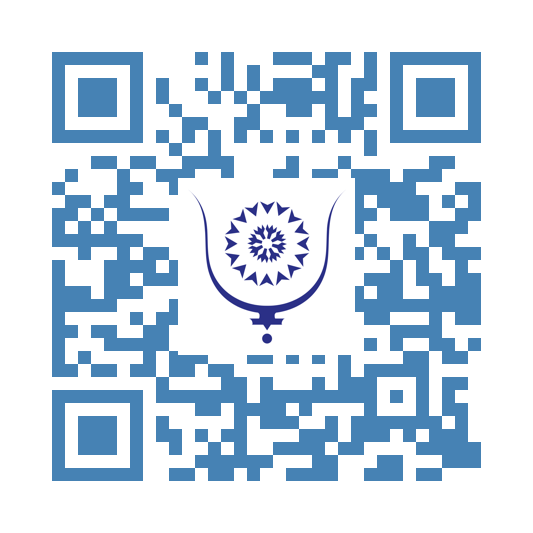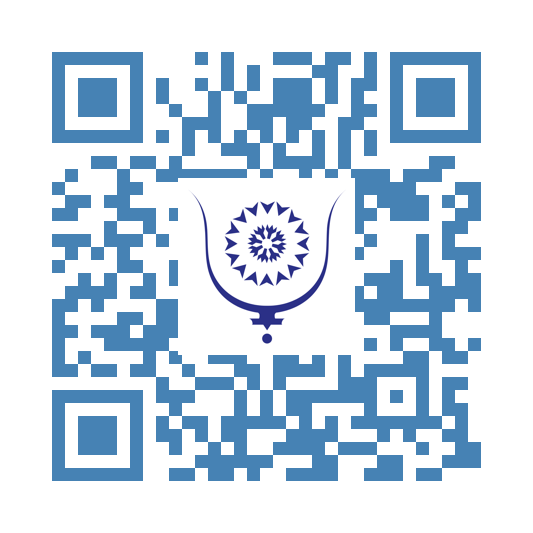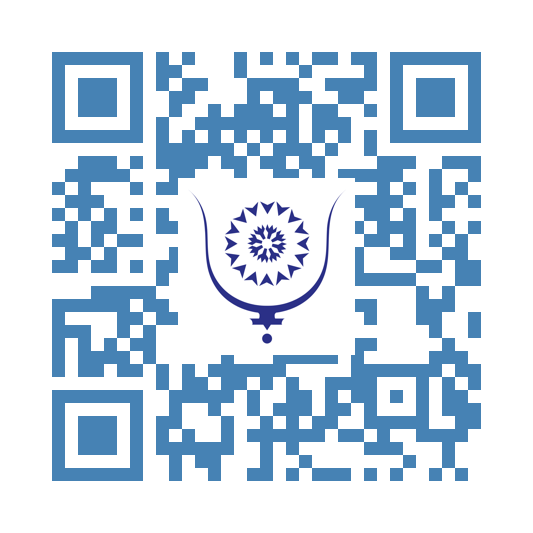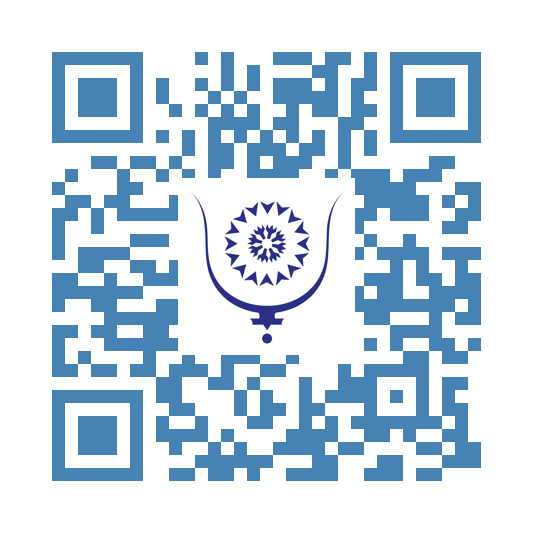Under Attaf's Eyes, Ghali Begs for His "Peace Bill" in Madrid... 292
It took guts. Ibrahim Ghali had them. From the Tindouf camps, this lawless, timeless no-man's-land, the Polisario leader saw fit to announce his willingness to "share the peace bill" with Morocco. Context is key to grasping the ploy. The statement came the day before his trip to Madrid, where the U.S. embassy would host a meeting this Sunday, with Morocco presenting its self-determination plan for the southern provinces. Worth noting: Mauritania would attend... and Algeria too. This Algeria, which had told itself it wasn't involved in the talks, is represented by the very same foreign minister who once wouldn't even entertain the idea...
The declaration is so grotesque it deserves a direct spot in the museum of contemporary diplomatic absurdities.
Let's get serious: How do you share a bill when you've never paid a dime?
How do you talk peace when you've built your entire political existence on systematically rejecting every solution?
How do you invoke compromise when you're surviving on financial, political, and security life support from your host country, incapable of the slightest autonomous move?
Ibrahim Ghali isn't a peace actor. He is the cost, accumulated over nearly half a century.
The most pathetic part of this outburst isn't its content, but what it reveals: a movement running on fumes, reduced to recycling technocratic jargon for lack of any credible ideology left. After the fantasized "armed struggle," after hollow threats of total war, after hundreds of martial communiqués drafted to sustain the illusion for a captive audience, here comes the era of political begging dressed up as responsibility.
The Polisario liberates nothing, builds nothing, proposes nothing. It blocks, delays, confiscates. And now, it wants to bill. But bill for what? Exactly what "peace bill" is Ghali talking about?
The decades of sequestering Sahrawi populations, deprived of basic rights?
The diverted international humanitarian aid, resold and conveniently reinvested far from Tindouf?
The human capital sacrificed on the altar of an obsolete separatism?
Or the artificial survival of a politico-military apparatus that only exists because others prop it up? Those others now gasping for air themselves.
It takes supreme cynicism to talk peace after living, or at least believing in, even a fictional war for fifty years.
Ghali's sudden conversion to the language of moderation isn't some moral epiphany, obviously. It's dictated by panic. Panic at the dossier's irreversible evolution. Panic at the international realignment. Panic at the increasingly clear U.S. signals. Panic, above all, at the growing recognition of an obvious truth that even the Polisario's traditional backers no longer dare contest openly: the separatist project is dead, drained of all credibility. Its death certificate will be signed in Madrid this weekend, in the presence of its godfather.
Yesterday, Ghali promised escalation. Today, he begs for talks. This isn't strategy—it's a survival reflex.
When he claims the Polisario "won't substitute itself for the Sahrawis," the hypocrisy hits new heights. Who has spoken in their name without ever consulting them? Who confiscated their future under the pretext of representing them? Who turned entire generations into diplomatic bargaining chips? Certainly not Morocco, which invests, develops, and integrates. But a frozen apparatus, churning out nothing but outdated slogans dictated by its sponsor's services.
**As for the ritual invocation of "international legality," it's now pure Pavlovian reflex. A magic formula mechanically repeated by a structure with no legal, political, or historical grounding anymore and likely no credibility left among the sequestered. The world has changed, international law evolves, and the Polisario keeps waving resolutions like relics, hoping for a miracle.**
Reality is brutal: Morocco has no "peace bill" to share with the Polisario. It has already paid, and keeps paying, in investments, stability, political vision, and diplomatic credibility. The autonomy plan under Moroccan sovereignty isn't a concession: it's the solution. Everything else is ideological folklore.
The Polisario, for its part, has nothing to offer. No territory. No project. No renewed legitimacy. Just political, moral, and human debts to the sequestered it's clumsily trying to offload onto others. Let Ibrahim Ghali keep his bills. Let him send them to those who host him, fund him, and still dictate his outbursts. The process marches on, reality asserts itself, and history's train doesn't stop for clandestine passengers waving expired tickets.
Welcome to Madrid, Mr. Attaf but beware, neither Morocco nor the U.S. have time to waste. They have far better things to do than listen to you and put up with the idiocy.
In Madrid, Morocco is represented by Nasser Bourita, Algeria by Ahmed Attaf, Mauritania by Mohamed Salem Ould Merzoug. Mohamed Yeslem Beissat will be there for the Polisario and listen like a good student to the dictation.
In diplomatic precaution, lest anyone forget the UN's involvement, the UN Secretary-General's personal envoy, Staffan de Mistura, is invited. But no one's fooled: it's the U.S. steering the ship, with one agenda item: the autonomy plan under Moroccan sovereignty, and nothing else. Morocco has fleshed it out, expanding from the initial 5-page project to about forty pages today, no more.
































